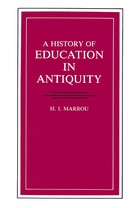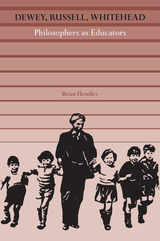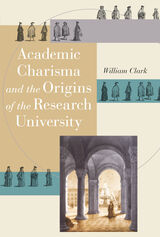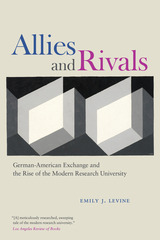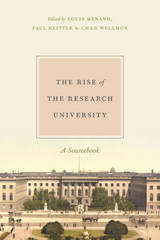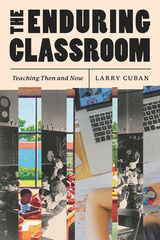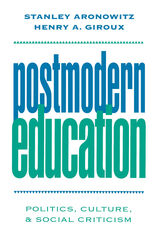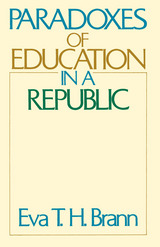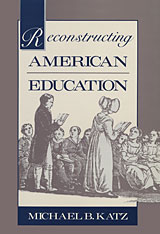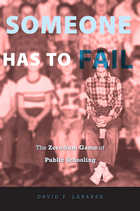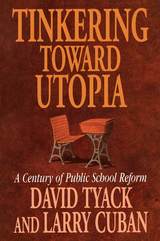Cloth: 978-0-674-52832-1
Library of Congress Classification LA186.M4 1970b
Dewey Decimal Classification 378.00207
Who is Mercurius Oxoniensis? The first of his brilliantly witty letters mysteriously appeared, apparently without the authority of the writer, in the Spectator towards the end of 1968. Their candid, penetrating and caustic commentary on personalities and events (considered by some to verge on indiscretion) indicate inside information and sources. They caused an instant stir leading to some wild conjecture as to their authorship in the columns of The Times, in the University Common Rooms and in literary and academic circles. An authorized, accurately transcribed, and annotated publication of these Letters (up to June 1970) is now possible; but the anonymity remains. It is not difficult to see why, because Mercurius names names and spares no reputation: he is altogether too well informed for his own good.
According to the Editor of the Letters, the Oxford Mercurius "is a college tutor in one of the colleges in Turl Street; a bachelor, of declining years and uncertain health; somewhat old-fashioned in his views, and in his language; fond of his glass of port or hock, and teaches, inter alia, the Politics of Aristotle. He is slightly crotchety, but generally in good humour by his family circle and friends."
But what makes Mercurius’s achievement unique is that he has succeeded in fashioning from the English of the seventeenth century, the language both of John Aubrey, the great gossip, and of the racist pamphleteers, the perfect instrument for a sustained and sparkling present-day chronicle of the more noteworthy events in university life, and in particular of the "student stirs" that first prompted him to put quill to paper. Indeed in all the millions of words that have been written about student unrest in the modern world, there has been nothing more perceptive than the devastatingly entertaining observations of old Mercurius on the "fanatiques" and those who confront them.
See other books on: Ancient | Humor | Letters | Rome | Student movements
See other titles from Harvard University Press





